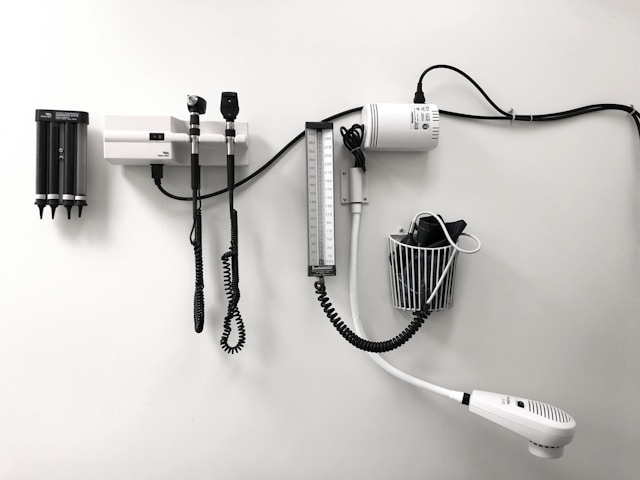What Kind of Staffing Challenges do Urgent Care Centers Face?
It isn’t unheard of, as a parent, an older individual, or a single person to have a few trips to an urgent care center each year. The reasons could range from a fever to an unusually upset stomach to even more serious things like allergic reactions. Urgent care centers are set up to treat a variety of ailments and conditions with nurses, doctors, and specialists. However, since the outbreak of COVID19, it’s been difficult for urgent care centers to obtain and hold onto permanent medical staff, leaving centers vulnerable to mistakes, burnout, and even shut-downs. When an unfortunate illness or emergency occurs, patients need excellent medical techniques, excellent environments, and most importantly, excellent treatment with caring medical professionals.
Quitting their Jobs
During the harshest days of COVID19, medical staff experienced an unprecedented amount of patients. Patient numbers skyrocketed over 58% the normal volume for urgent care centers in 2020. The increase in stress for medical professionals lead to burn out across the country. According to Heath Care Dive, over 230,000 medical professionals quit their positions in 2021, including physicians, nurse practitioners, physician assistants, and other clinicians. Another 117,000 clinicians left the profession all together during the same time, along with 53,000 nurse practitioners. “Internal medicine, family practice, clinical psychology, chiropractic and psychology faced the greatest turnover throughout 2021, according to the report,” says the article. Even more disturbing, a new report told by Forbes claims that 47% of all healthcare workers plan to leave their current jobs by 2025.
Urgent Cares are Unique
In the case of urgent care centers, staffing is exceptionally important because of the unique business model. Staffed with a skeletal team, urgent care centers essentially depend on the volume of patients, particularly flu season, to make profits. Labor is the highest cost in these facilities. According to The Journal of Urgent Care Medicine, recruiting and keeping medical staff were specific to urgent care centers. Rising turnover for urgent care centers, as well as the hiring of temporary staff, may contribute to medical errors, discontent at work for staff members, and a transitory environment.

When it comes to providing steady, reliable, and excellent staff, a big solution is an agency, says verywellhealth. Searching for the right fit, both for the urgent care center and the medical professional is time consuming; time that could be much better spent focusing on the health of patients, says the article. A staffing agency alleviates the process of filling roles temporarily or permanently, and some agencies also help with training, credentialing, and software and vendor management. A staffing agency can also help fill specific gaps in medical staff. Urgent care centers nationwide are especially in need of x-ray technicians, who can bridge the gap between emergency center and doctor’s office. It also helps medical professionals look for exactly what they want in a work environment, increasing morale and retention.
In our rapidly changing world it can be difficult to find consistency, and in the medical world, it couldn’t be more important. Piecing together the right professionals to the right environments can be a huge benefit for all medical centers, and especially urgent care centers. When the bottom line is excellent patient care, the solution is excellent medical staff.
Hiring a Staffing Agency for your Urgent Care Facility
With Momentum, you can feel at ease knowing that we are a trusted hiring partner who handles the entire scope of recruiting the best talent for your urgent care center. That includes permanent and temporary positions for: physicians, nurse practitioners, physician assistants and more.























Recent Comments